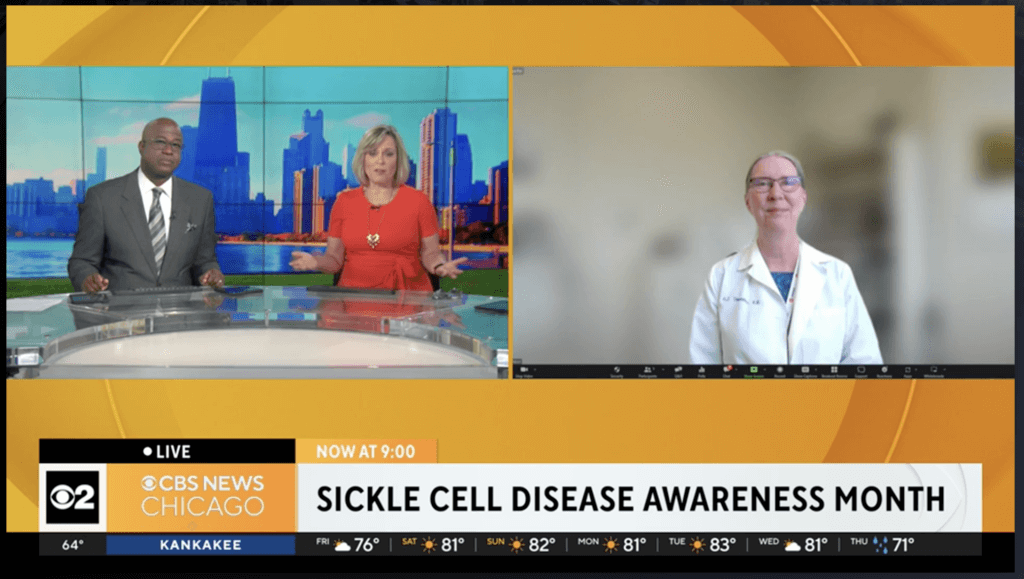 In a new article published this week in Contemporary Clinical Trials Communications, the GRACE DNIH Collaboratory Trial team recommends that suicidality should be monitored in pragmatic clinical trials that measure depression as an outcome. The work builds on their experience conducting research involving patients with sickle cell disease and on previous work from the NIH Pragmatic Trials Collaboratory’s Ethics and Regulatory Core.
In a new article published this week in Contemporary Clinical Trials Communications, the GRACE DNIH Collaboratory Trial team recommends that suicidality should be monitored in pragmatic clinical trials that measure depression as an outcome. The work builds on their experience conducting research involving patients with sickle cell disease and on previous work from the NIH Pragmatic Trials Collaboratory’s Ethics and Regulatory Core.
The authors offer 7 recommendations to address ethical considerations in the development of protocols, procedures, and monitoring activities related to suicidality in depressed patients in a pragmatic clinical trial.
Recommendations:
- Understand our responsibility to act
- Define triggers for action
- Examine responsibilities for action
- Protect patient autonomy and privacy
- Identify indirect and collateral participants
- Mitigate the risk of bias
- Integrate responses within the clinical practice and understand the sociotechnical considerations.
Severe depression symptoms such as suicidal ideation can be assessed in patients using the PHQ-9, a validated self-report instrument used to score depression severity by inquiring about the presence and severity of depression, passive thoughts of death, and active ideas of self-harm.
For more, read the full article or the article Responding to Signals of Mental and Behavioral Health Risk in PCTs from the Ethics and Regulatory Core.
The GRACE is supported by the NIH through the NIH HEAL Initiative under an award administered by the National Center for Complementary and Integrative Health. Learn more about the GRACE trial.




 The GRACE trial, an NIH Pragmatic Trials Collaboratory Trial, was featured in a segment on CBS News Chicago. Co–principal investigator Ardith Doorenbos was interviewed for the segment as part of the news program’s observance of Sickle Cell Awareness Month.
The GRACE trial, an NIH Pragmatic Trials Collaboratory Trial, was featured in a segment on CBS News Chicago. Co–principal investigator Ardith Doorenbos was interviewed for the segment as part of the news program’s observance of Sickle Cell Awareness Month.
 A downloadable study snapshot and updated ethics and regulatory documentation are now available for the GRACE trial, an NIH Pragmatic Trials Collaboratory Trial.
A downloadable study snapshot and updated ethics and regulatory documentation are now available for the GRACE trial, an NIH Pragmatic Trials Collaboratory Trial. NIH Collaboratory researchers in 2021 shared study results, generated new knowledge, and developed innovative research methods in pragmatic clinical trials. Their work included insights from the Coordinating Center and
NIH Collaboratory researchers in 2021 shared study results, generated new knowledge, and developed innovative research methods in pragmatic clinical trials. Their work included insights from the Coordinating Center and 



